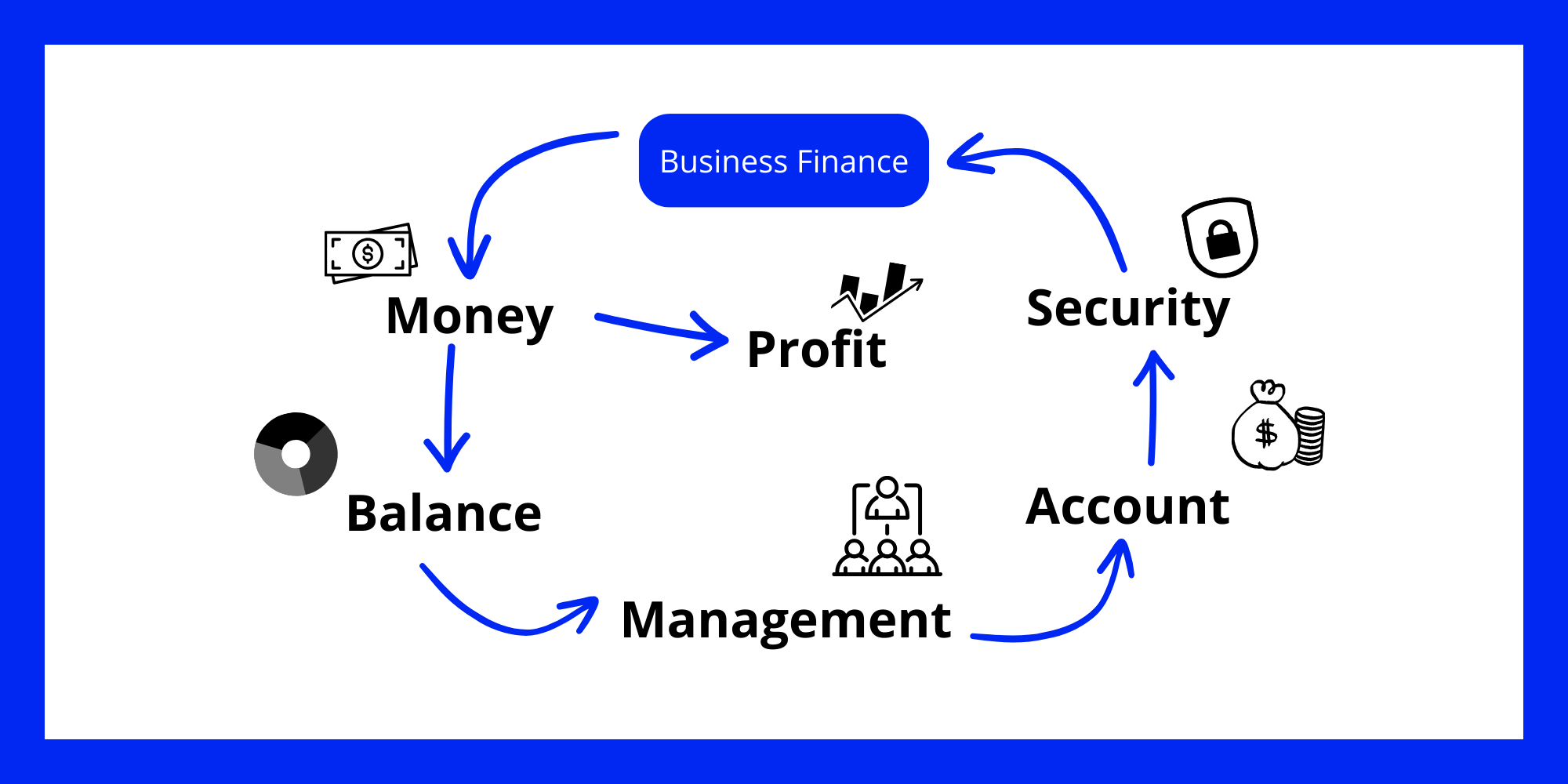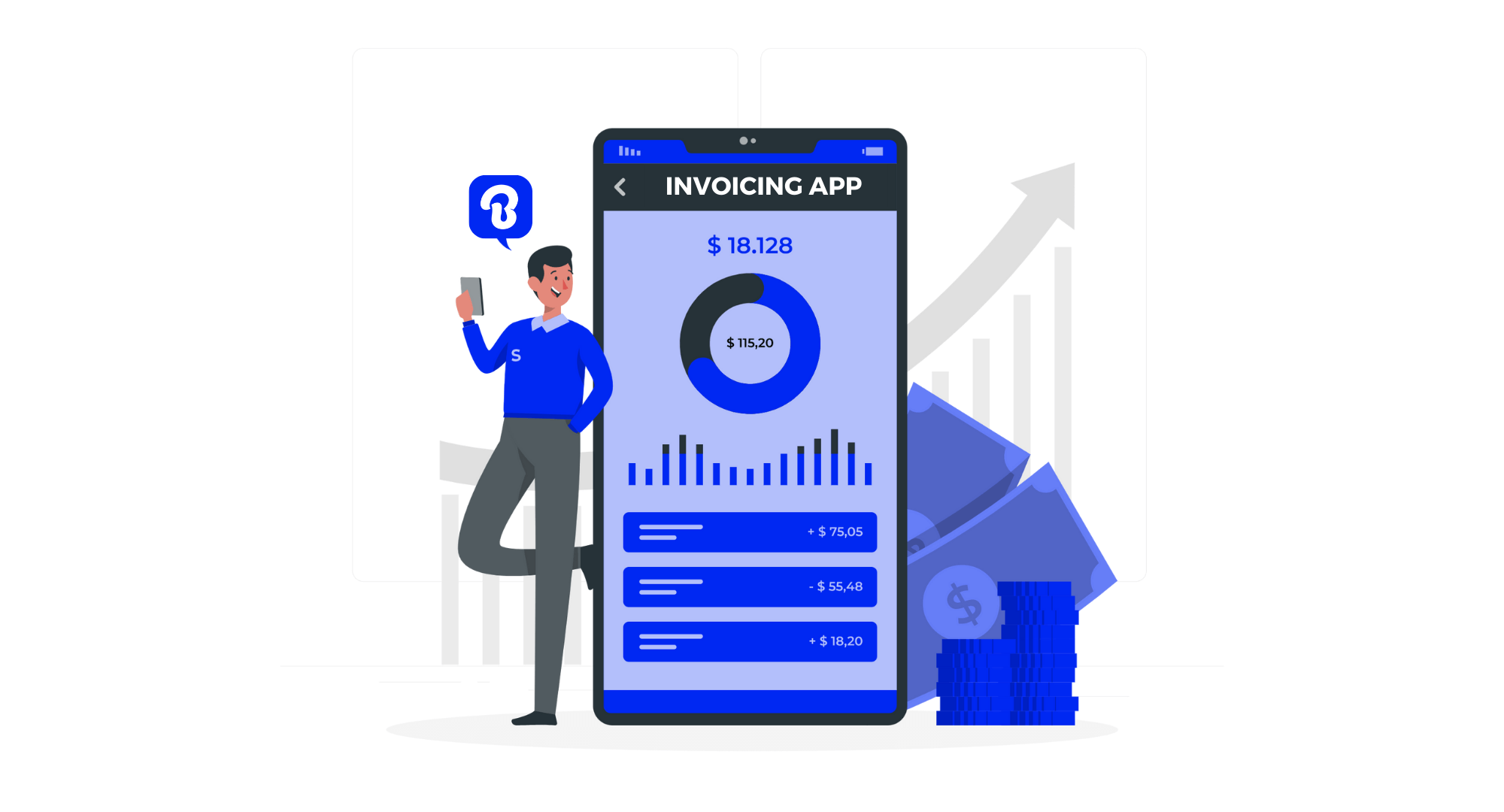
How does business finance shape the growth and success of a company?
Business finance is the lifeblood of any enterprise, shaping its growth, stability, and overall success. It encompasses the set of activities that help you figure out how much money you need, where to get it, and how to use it wisely to make your business successful.
In the big business world, companies use finance to make smart decisions about their money. They plan how to get funds (like loans or investments), budget for expenses (like buying stationery or paying employees’ salaries), and keep track of everything to make sure they’re making a profit.
So, business finance is like the behind-the-scenes hero that helps companies run smoothly and make good money choices.
In this article, we’ll delve into the intricacies of business finance, exploring its importance, components, and key strategies to manage it efficiently.
Key Takeaways
- Understand Financial Planning: Create a detailed financial plan to outline your business goals and develop strategies to achieve them. This involves budgeting, forecasting, and setting financial targets.
- Monitor Cash Flow: Keep a close eye on your cash flow to ensure you have sufficient liquidity to cover expenses. Regularly track income and expenses to avoid potential cash shortages.
- Separate Personal and Business Finances: Use separate bank accounts for personal and business finances to simplify accounting and maintain a clear picture of your business’s financial health.
- Implement Effective Invoicing: Use a reliable invoicing system to ensure timely billing and efficient cash flow management. Accurate invoicing helps maintain healthy business finances.
What is Business Finance?
Business finance refers to the management of financial resources within an organization to achieve its goals and objectives. It involves planning, acquiring, and utilizing funds to support various business activities, ensuring that the company remains financially healthy and capable of meeting its obligations.
Business finance is a multidimensional concept, covering everything from budgeting and financial analysis to investment decisions and risk management.
Whether a startup aiming for rapid expansion or an established corporation seeking to diversify, the principles of business finance guide crucial decisions that impact the trajectory of a company.
















